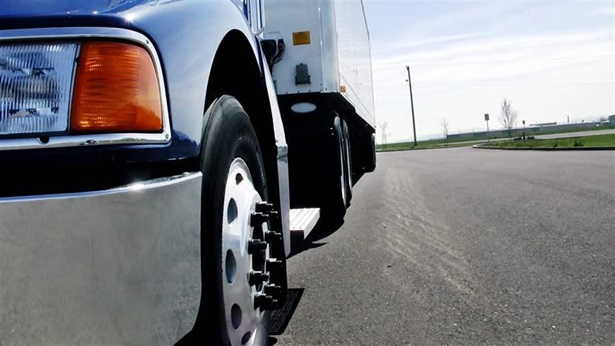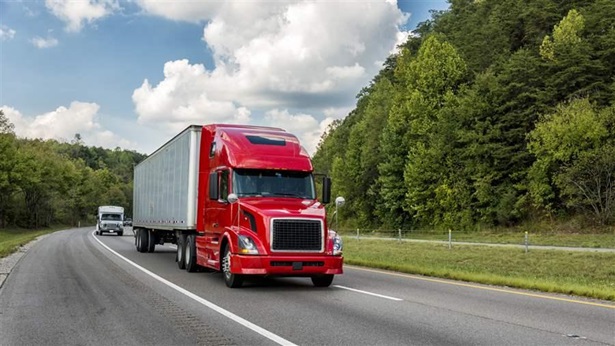Fuel Efficiency
Pew is working to build public support for making the transportation sector cleaner, more efficient and less dependent on foreign oil. Cars, trucks and mass transit in the United States consume about 14 million barrels of oil a day—two-thirds of the nation's daily total. Of that, about 55 percent is imported, at a cost of $1 billion a day to the U.S. economy.
As the number of cars and miles driven continue to grow, so will the economic costs and security burden—in addition to the amount of carbon dioxide emitted into the atmosphere. Combined with volatile gasoline prices and increasing global competition for automobile market share, there is a clear imperative to make our cars cleaner, more efficient and less oil-dependent.
We must fundamentally transform today's energy policies if we are to seize the economic, security and environmental benefits of a cleaner, more efficient transportation sector.



















